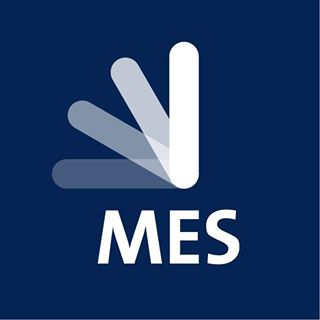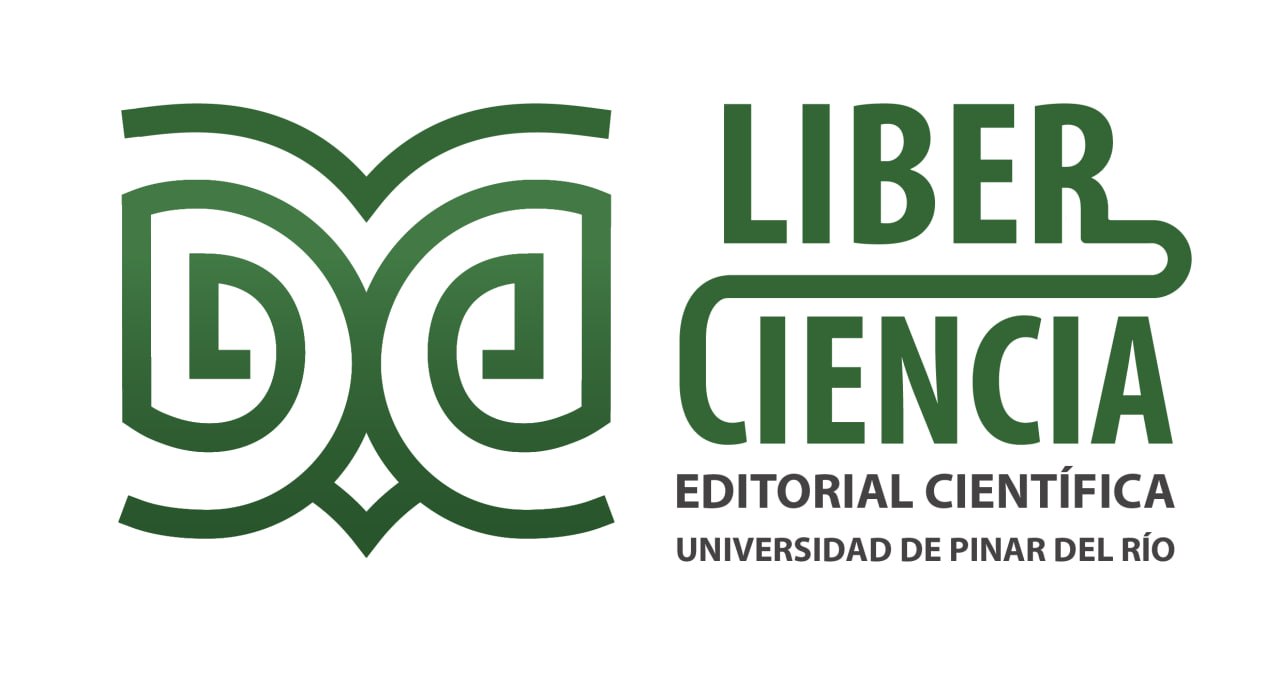The insertion of graduates of Cuban higher education: premises of a follow-up in development XVII Taller Internacional “La Educación Superior y sus Perspectivas”
Main Article Content
Abstract
The world of work is becoming increasingly complex and differentiated, and at the same time more integrated and interrelated. The different opportunities that arise are counterbalanced by the challenges of adapting to frequent changes, directed, on many occasions, from the outside and often dramatic. The technologies of work, its environment, the learning methods, like the work itself, are in a state of almost permanent flux. At the international level, a series of structural reforms have begun to be developed with the objective of increasing productivity as an essential condition for economic growth and the creation of new jobs. This necessary increase in productivity levels is closely linked to innovation phenomena as a learning process of the institution or organization, in which factors of an institutional nature intervene, such as: the organizational culture itself, interpersonal relationships and the influences of the environment, all of them of great incidence in the alleged impact of labor insertion. It is necessary, therefore, to delve into the changes experienced in the world of work internationally, and especially in Cuba, as a premise to visualize what are the recent trends in the labor market, identify in a general way, the perspectives and characteristics of the demand labor and in this way approach the problem of the insertion of professionals into the world of work, which directly affects the development of professionals, which constitutes the central objective of this paper.
Downloads
Article Details

This work is licensed under a Creative Commons Attribution-NonCommercial 4.0 International License.
References
Alarcón, R., Benítez, F. y Pichs, B. (2021). Los orígenes de la educación superior en los municipios, En R. Alarcón (Coord.) La Educación Superior en los entornos locales. 20 años. (pp. 41-57). La Habana. Editorial Universitaria Félix Varela.
Alarcón Ortiz, R., Pichs Herrera, B. M., & Iñigo Bajo, E. (2023). Seis décadas de Educación Superior cubana en revolución: Una visión desde la calidad. Revista Cubana De Educación Superior, 42(2), 59-73. Recuperado a partir de https://revistas.uh.cu/rces/article/view/6904
Benítez, F., Pichs, B. y Alarcón, R. (2021). La educación superior en los municipios: 2010-2016, En R. Alarcón (Coord.) La Educación Superior en los entornos locales. 20 años. (pp. 161-208). La Habana. Editorial Universitaria Félix Varela.
Ginoris Quesada, Oscar (compilador) (2009). Fundamentos didácticos de la Educación Superior cubana selección de lecturas. Editorial Félix Varela, La Habana, Cuba. https://www.semanticscholar.org/paper/Fundamentos-did%C3%A1cticos-de-la-educaci%C3%B3n-superior-de-Quesada/26cf84e7cb69fd9f4e162a201e1c5a9f13e99a6c
Ministerio de Trabajo y Seguridad Social (MTSS) (2013), Reglamento sobre la planificación de la formación y distribución de la fuerza de trabajo calificada. Resolución No.8/2013. https://www.moron.gob.cu/images/PDF/nuestraRegion/Otras_Direcciones/Trabajo/RESOLUCION_No._8-2013_REGLAMENTO_DE_LA_FUERZA_TRABAJO_CALIFICADA.pdf
Pichs, B., Benítez, F. y Alarcón, R. (2021). Educación superior en los municipios hasta 2008, En R. Alarcón (Coord.) La Educación Superior en los entornos locales. 20 años. (pp.61-110). La Habana. Editorial Universitaria Félix Varela.
Pichs Herrera, B. M., & Benítez Cárdenas, F. (2023). La educación superior en los municipios. Reflexiones acerca de su contribución al desarrollo de la universidad cubana. Estudios Del Desarrollo Social: Cuba Y América Latina, 9(2). Recuperado a partir de https://revistas.uh.cu/revflacso/article/view/4199
Tesauro OIT (1998), Terminología del Trabajo el Empleo y la Formación, Oficina central de Biblioteca y Documentación. Oficina Internacional del Trabajo, 5ta edición. https://empleoyformacion.castillalamancha.es/empresas/formacion/glosario




